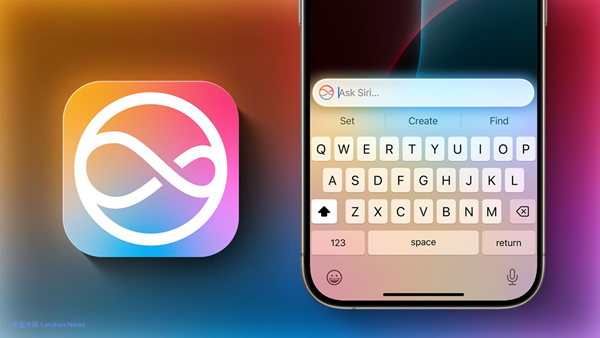Apple Introduces Forced Reboot Feature in iOS 18.1+ to Address Theft and Security Breaches
A report published last week by 404MEDIA highlighted a significant change Apple seems to have made to the iPhone's security mechanisms. This update enables iPhones to communicate with each other and force a reboot upon detecting any breach attempts, posing a considerable challenge to law enforcement agencies trying to crack into the devices. This is due to iPhones being most vulnerable shortly after being unlocked.
However, this speculation was debunked. iPhones do not secretly communicate with each other when offline to automatically restart and prevent hacking. Instead, this is a new security feature introduced by Apple in iOS 18.1+.
Dubbed "Inactive Reboot," this feature forces an iPhone to restart if it hasn't been unlocked within a specified timeframe, reverting it to a state where password entry is required.
Specifically, the inactivity threshold is set at 4 days (96 hours). If the iPhone hasn't been unlocked within this period, it will automatically force a restart. The phase following this restart is known as Before First Unlock (BFU).
During the BFU phase, breaking into the iPhone through software becomes significantly more difficult. Law enforcement agencies, mistaking the inability to unlock the iPhone for inter-device communication, have found this feature particularly challenging.
This security measure is likely not aimed solely at law enforcement but is intended to deter theft and unauthorized access to stolen iPhones. Unless criminals can swiftly develop new hacking techniques, the difficulty of cracking an iPhone increases dramatically after a few days, making unauthorized access much less feasible.
For the average user, this feature has virtually no impact. It's unlikely that a primary device would go unlocked for four days, as this implies not using the phone at all during that time.
After four days, even if the iPhone automatically restarts, users simply need to enter their password once to resume normal operation, thus making this security mechanism inconsequential for everyday use.








![[Tutorial] iOS 18.2 Safari Now Supports Importing and Exporting Bookmarks/Extensions/Passwords, etc. Here's How to Use it](https://img.lancdn.co/news/2024/06/4584T.png)

